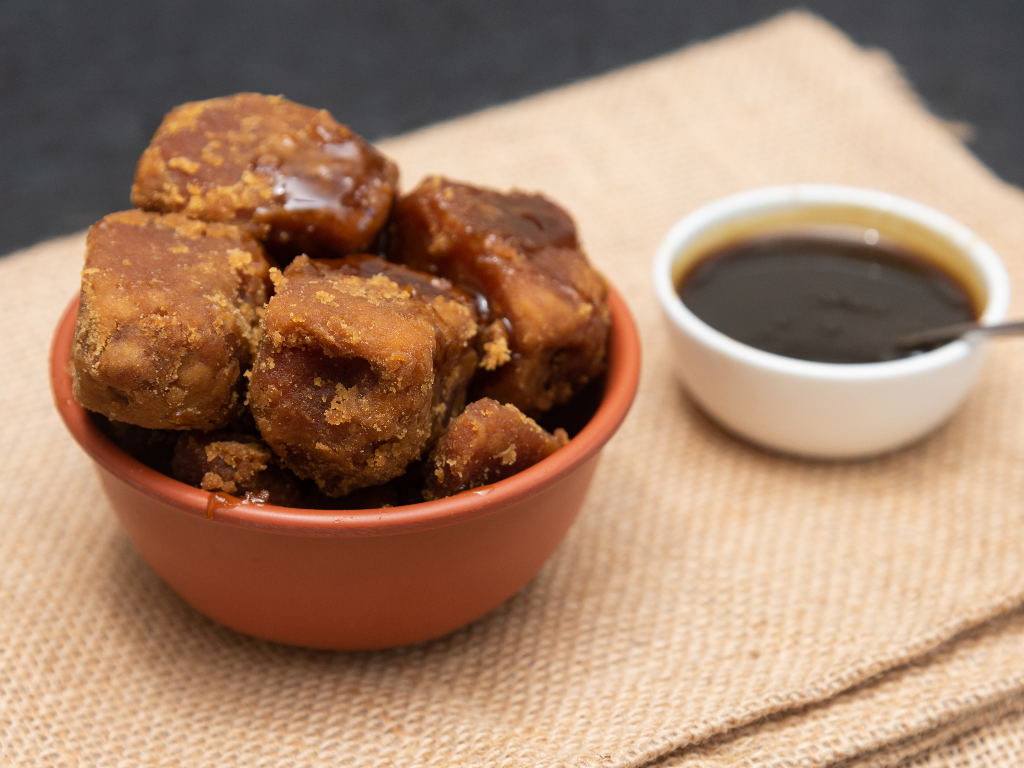According to Kulea, wholesale sugar prices in Eastern and Southern Africa remained stable last week, with the exception of Djibouti. In Djibouti, prices rebounded significantly, increasing from USD 680 per ton to USD 730 per ton, marking a 7.35% rise.
In Kenya, prices in Nairobi and Mombasa remained unchanged. However, both markets show potential positive import margins for re-bagged Brazilian sugar from the World Market. Despite this, there were no offers for VHP sugar from the COMESA Free Trade Area for any raw or refined sugar.
No bulk raw sugar vessels were loaded for East African ports during the week. The vessel C-Inspiration, which sailed from Brazil in mid-May, arrived at Luanda port in Angola, discharging about 24,000 tons of sugar.
In Kenya, the Kenya National Federation of Sugarcane Farmers (KNSF) opposed the proposed introduction of a 16% VAT on sugarcane transportation, arguing it would burden the struggling sector. Additionally, the Kenya Union of Sugarcane Plantation and Allied Workers (KUSPAW) threatened to block the leasing of state-owned sugar factories due to unpaid salaries totaling approximately USD 40.44 million.
In Zambia, the government set a price cap for sugar to control illegal price hikes, capping a 2 kg packet of sugar at ZK60 (USD 2.25) amidst speculations of shortages due to drought.
In conclusion, Kulea reports stable sugar prices across major markets in Eastern and Southern Africa, with potential positive import parities from the World Market. No significant shipments of Brazilian raw or refined sugar were registered at East African ports, highlighting the interconnected nature of sugar market stability with domestic production, regional trade, and global commodity trends.
Source: kulea.africa

